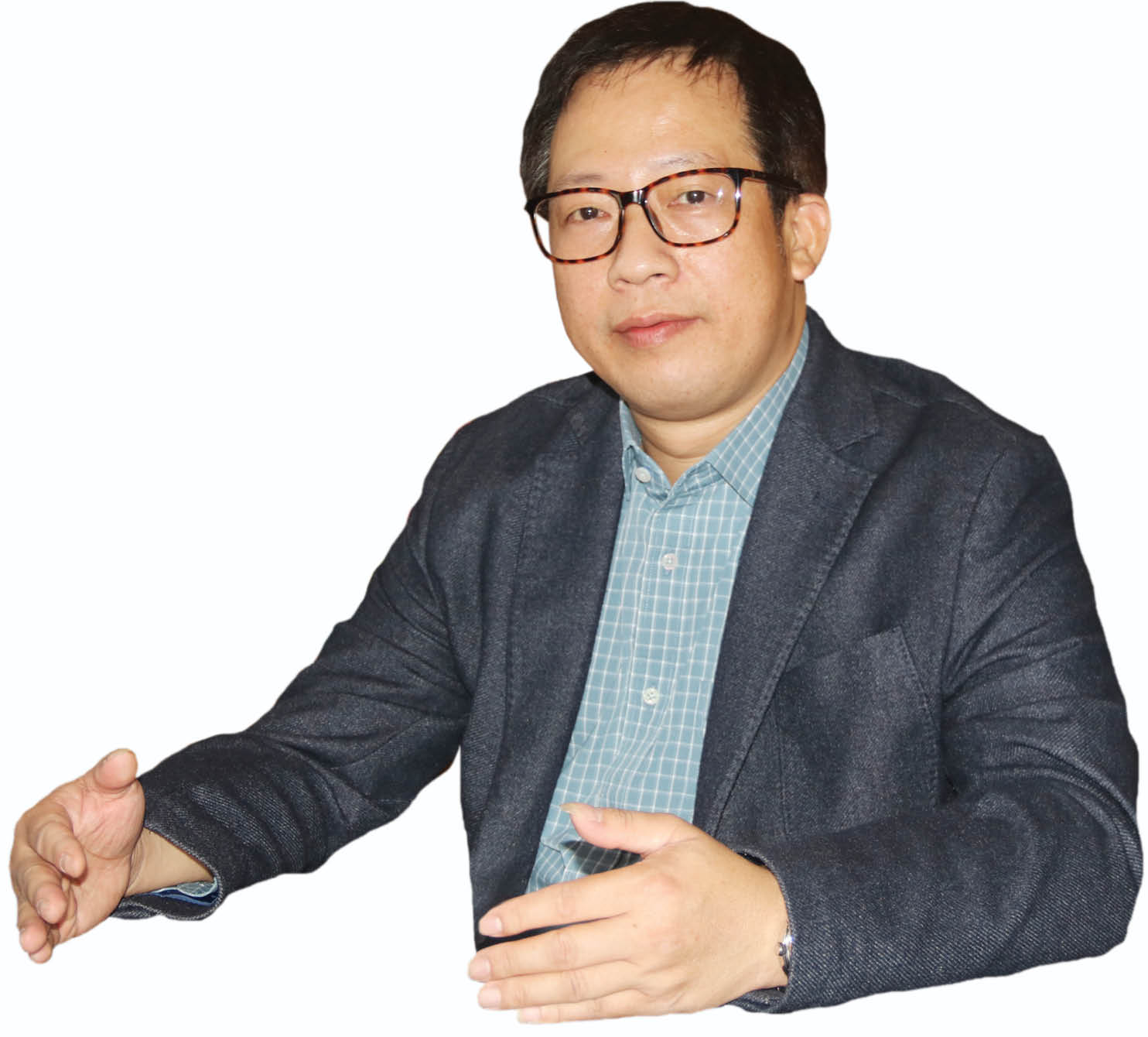
Assoc. Prof. Le Anh Phuong, UOE-HU Rector
According to Assoc. Prof. Le Anh Phuong, the current young lecturers, albeit less experienced, are playing an important part in teaching and training at universities. They have certain advantages to enhance the development strategies. To take the best of their capacity and enthusiasm, it is essential to have sensible training plans.
Would you please further explain the roles of young lecturers at your institution?
The UOE-HU has had 370 people in its staff up to October 2020. There are 225 lecturers, 70% of whom are young lecturers. In addition to the contributions of the experienced lecturers, the young lecturers have been core successive staff in teaching and doing research. They have proved to be creative and dynamic in professional and social activities.
Apart from the mission of training pre-service teachers and doing research, the UOE-HU has been assigned by the Ministry of Education and Training to offer courses and workshops in training in-service teachers to familiarize themselves with the new curriculum of secondary education. While all the teaching staff involved in the job, the young lecturers played crucial roles as they traveled across cities and provinces to conduct the workshops and left lasting impressions on the local authorities.
It was not within the region of Central Vietnam. The Provincial Departments of Education and Training in the North and the South of Vietnam, such as Nam Dinh, Bac Giang and Ca Mau, have signed contracts with the UOE-HU for the training programs.
On the part of the institution, we are on our way to management innovations. Emphases are placed on the re-structure to meet the internal demands and on the regionalization and internalization. It is crucial to improve the training quality by designing new competence-based training programs. We also pay attention to innovations in teaching and assessment methods and training high-quality staff to satisfy the requirements of education reform.
The young teaching staff has contributed to the development strategies of the institution as greatly as the experienced lecturers have.
What measures does the institution have to boost the strengths of the young lecturers in the strive to become one of the three national key institutions of education?
Our objective is to have 65% of the lecturers holding the Doctoral degrees by the end of the period 2020 - 2025. To help lecturers to deepen their knowledge and earn higher degrees, in addition to offering formal courses, we have the plans to organize more conferences, symposia and workshops, as well as the specialized groups.
We are implementing measures to elevate the staff competencies both quantitatively and qualitatively. We have placed more emphasis on doing research, establishing research groups at the institutional, national and international levels. We also have policies that encourage lecturers to conduct studies that are socially applicable, especially those which can be transferred to the industry.
Furthermore, we are trying to innovate the teaching and assessment methods, sharpen the skills of foreign languages and technology. We also encourage our lecturers to collaborate with international partners in doing research.
In terms of international cooperation, we have different projects for academic exchanges, for training and standardizing the teaching staff and updating research methodology, and for education innovations. Through the conferences and symposia, the teaching staff have more opportunities to exchange their research results.
Our priority is to better the teaching staff quality by increasing the number of young lecturers earning the Doctoral degrees. Our departments of Mathematics, Physics and Chemistry currently have almost 100% of the lecturers holding the doctoral degrees.
We have policies for lecturers to further their studies abroad. Lecturers from departments of basic sciences must be trained abroad. This has brought certain advantages to the staff, not only in sharpening their specialization but also in improving their skills of foreign languages.
Thank you very much!
By Huu Phuc